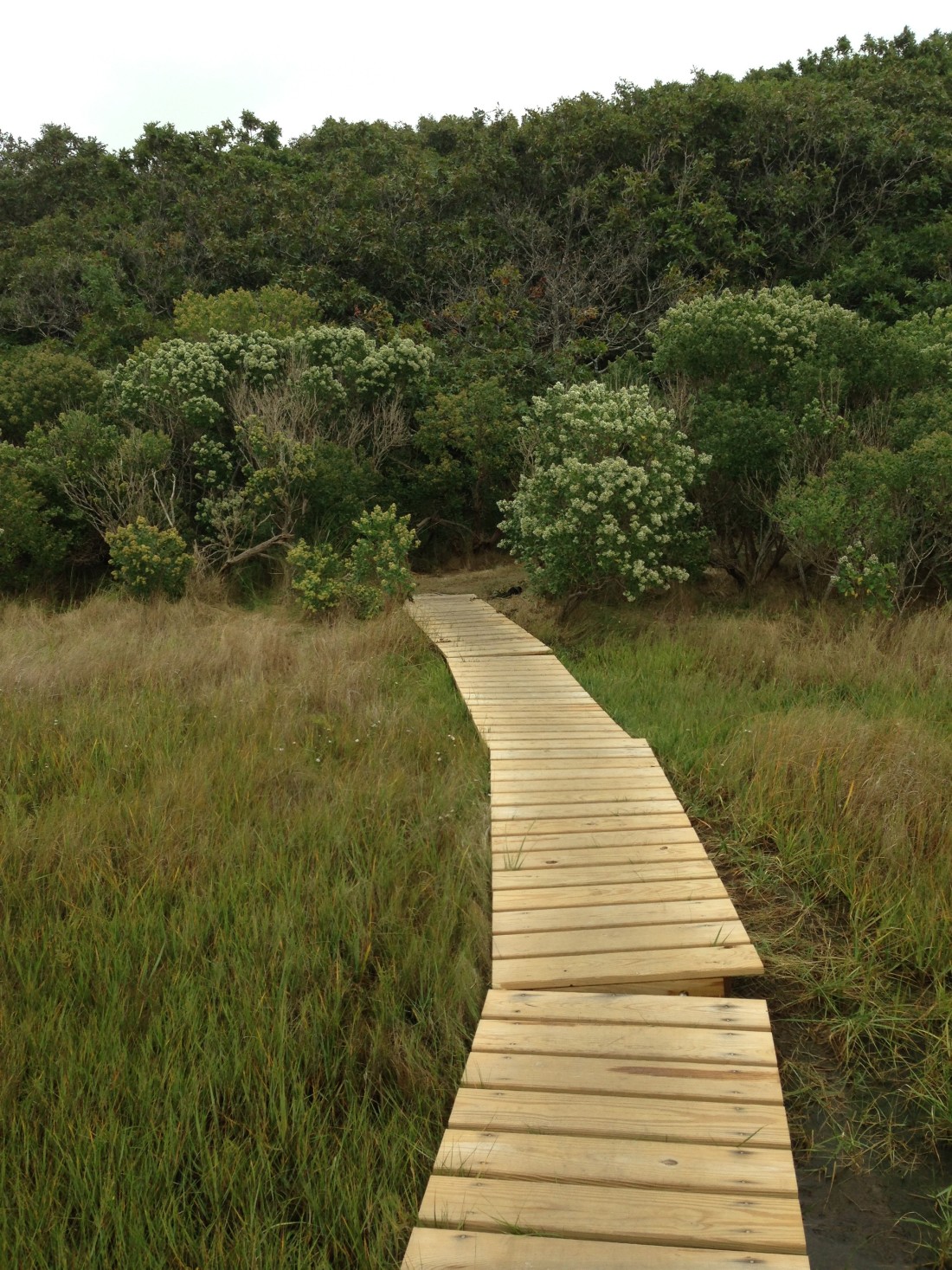A New Kind of Pilgrimage
I have been thinking a lot lately about pilgrimage. And exile. Most days, it feels as if an invading force has entered the sanctuary of all I hold dear and pitched the icons over the city walls. For the first time in my life, my government no longer feels benign or representative. The “business” being conducted in the corridors of power looks a lot like that of the Third World countries whose people I used to pray for as a child at the end of Sunday Mass – mass resignations, egotistical posing, saber rattling at the opposition.
I have a choice.
If I assume the mantle of exile, I am able to feel more acutely the lives of refugees who have lost country, homes, roots, stories, holy shrines. But I trade the crucial knowledge that I can still vote, write, speak out — and yes, pay taxes.
If instead I choose to see my life and that of many friends, students, local activists – as a new kind of pilgrimage, alienation takes on the coloration hope. And with hope comes traction.
Each day brings more news that is almost impossible to absorb into our pre-existing democratic constructs, the political discourse and open process I so recently took for granted. Executive orders that have the affected agencies reeling in confusion, the arrest of journalists, the bullying of trade partners, the gag orders on environmental personnel.
A dear friend leaves next week for her own pilgrimage — a trek up Kilimanjaro. She will pass through five climate zones, scaling 19,000 feet, to summit the highest peak in Africa. She is 67 years old.
For months, she has walked every day. Where there is a steeper grade, she will take it. Stairs, she’s there. She has watched documentaries and read about the climb. Now, she is starting to pack her lightweight layers, stock battery packs, choose her journal. She will travel in a reputable tour group with skilled guides.
She reminds me of all that goes into a good pilgrimage.
A pilgrimage starts with commitment – often to something that we don’t fully understand. It is a primer in genuine sacrifice – of conveniences, comforts, assumptions, familiar landmarks. Easy, on an unknown trail, to fall behind; in fatigue, to forget why you started, get sick, lose time and companions, run out of food.
Caring for ourselves as we move into new realities will entail the kind of attention my friend is bringing to her trip. We need a huge daily dollop of mindfulness, remembering what we love and hold dear. We need guides, not fellow amateurs — adults who have faced similar challenges, know the trails, and the wild things we might encounter along the route. We need trustworthy map readers, whose quiet expertise and calm under any number of conditions we can trust.
And then — and this is the hardest part — we need to admit our ignorance. We need to know what we don’t know, and be prepared to learn things we never imagined.
The great pilgrimages were journeys of conversion, undertaken with unlikely fellow travelers. Survival depended upon staying focused and alert to current conditions, the prevailing winds, the height of the sun, one’s own energy and resources. The greatest danger, on mountains or on pilgrimage, is to think so exclusively about the destination that you lost track of putting one foot ahead of the other in good faith.
My personal Kilimanjaro includes loaves and fishes: safety, health, good work, educational opportunities, kindness and inclusion, and the special care of children. But I need the voices of experience to help me figure out where to place my feet, how to listen and observe well, how expend my limited energy, to hew to the good trail.
The sky is large.
At the moment my guide is Thomas Merton, but I’m always in search of others. If we share our journey bread, our wisdom and good will, we can get there.
Intention is everything.
“My Lord God, I have no idea where I am going. I do not see the road ahead of me. I cannot know for certain where it will end. Nor do I really know myself, and the fact that I think that I am following your will does not mean that I am actually doing so. But I believe that the desire to please you does in fact please you. And I hope I have that desire in all that I am doing. I hope that I will never do anything apart from that desire. And I know that if I do this you will lead me by the right road, though I may know nothing about it. Therefore will I trust you always, though I may seem to be lost and in the shadow of death. I will not fear, for you are ever with me, and you will never leave me to face my perils alone.”
Namaste.





No Comments